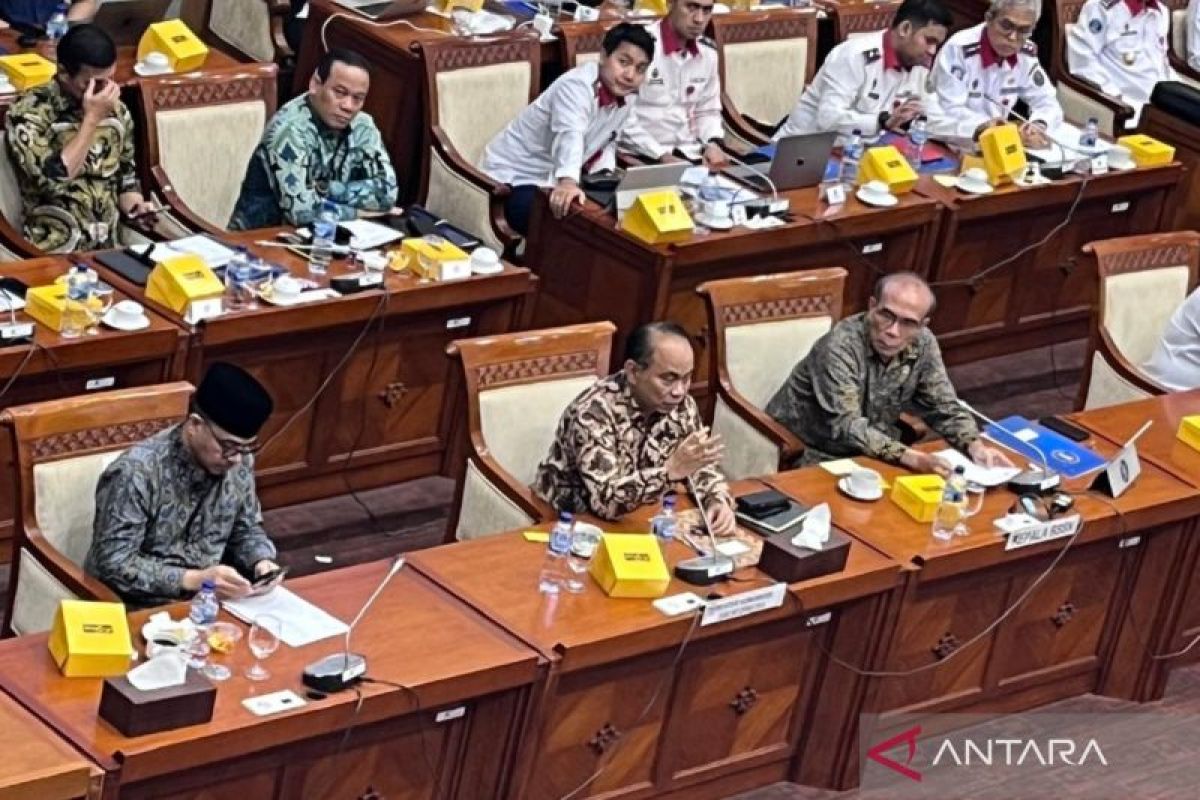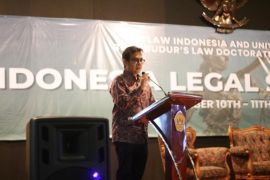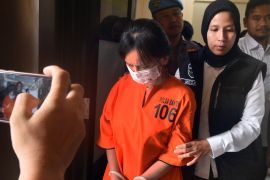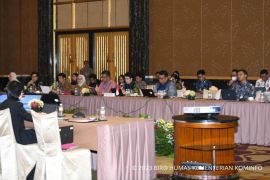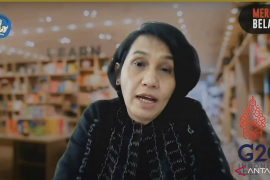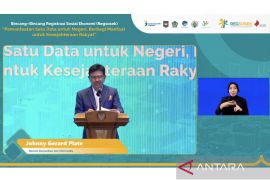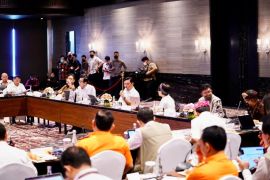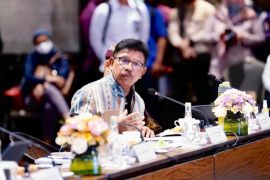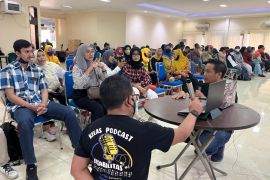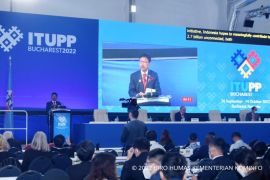"According to (the team's) findings, (the perpetrator) is non-state actors with economic motivation," Setiadi stated at the meeting with the House of Representatives' (DPR's) Commission I here on Thursday (June 27).
Analysis by the investigation team also found that no state actors were involved in the hacking, he remarked.
The minister noted that attacks perpetrated by a state actor can cause more complicated effects on the national digital infrastructure.
"Praise be to God because the effect will be worse if a state actor was behind the attack, such as when the Saudi government system was hacked by Iran -- a state actor -- several months ago," he stated.
Setiadi affirmed that his ministry is committed to expediting the PDNS 2 recovery process and to regularly reporting its progress.
The minister confirmed on Monday (June 24) that the entity that attacked the PDNS 2 with the ransomware virus had demanded a ransom of US$8 million. He emphasized that the government would not comply with such a demand.
The team in charge of investigating the cyberattack found that PDNS 2 was attacked by a new ransomware called Brain Cipher, an updated version of the LockBit 3.0 ransomware that is continuously evolving.
Meanwhile, also on Monday, the ministry and BSSN identified 211 government agencies affected by the cyberattack on PDNS 2. However, by Tuesday (June 25), the number increased to 282.
On Wednesday, some 44 government agencies announced their readiness to conduct data recovery, while others continued their preparation. As a result, the systems of five agencies recovered following a data migration and could continue to serve residents.
Related news: Gov't targets 18 more services to recover from cyberattack by June-end
Related news: Immigration services have recovered after disruption: Ministry
Translator: Fathur Rochman, Nabil Ihsan
Editor: Tia Mutiasari
Copyright © ANTARA 2024
